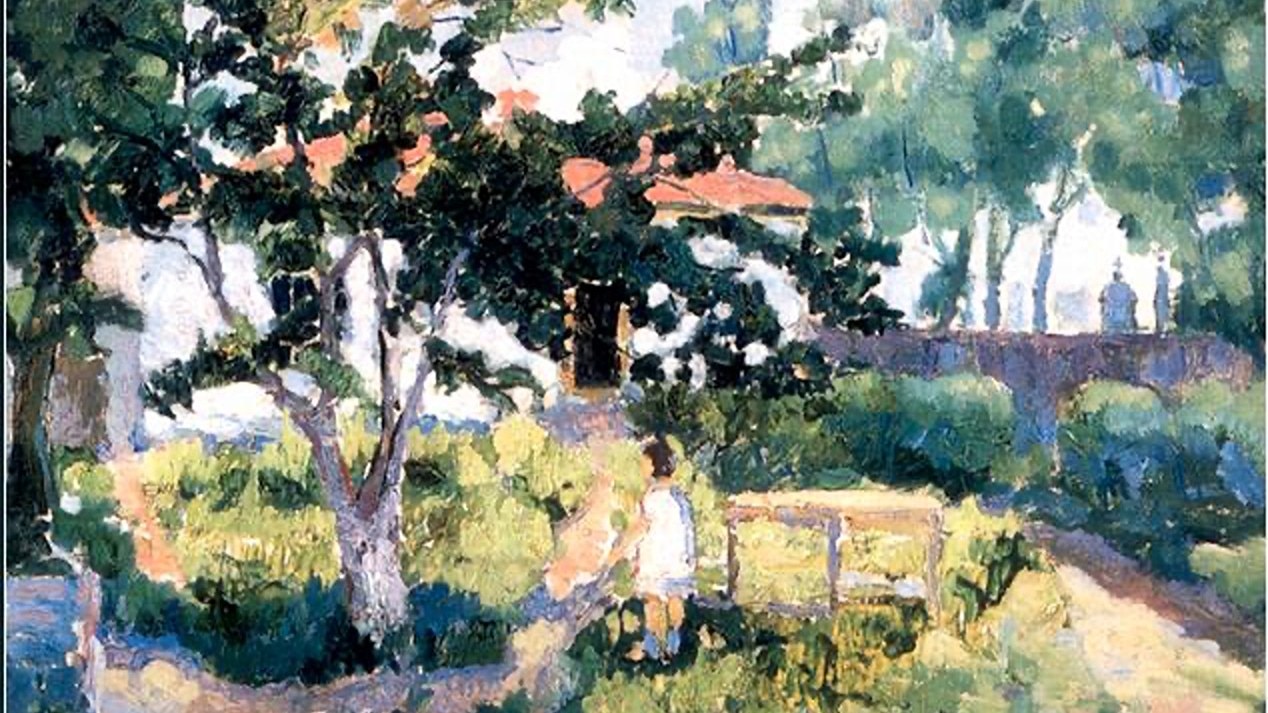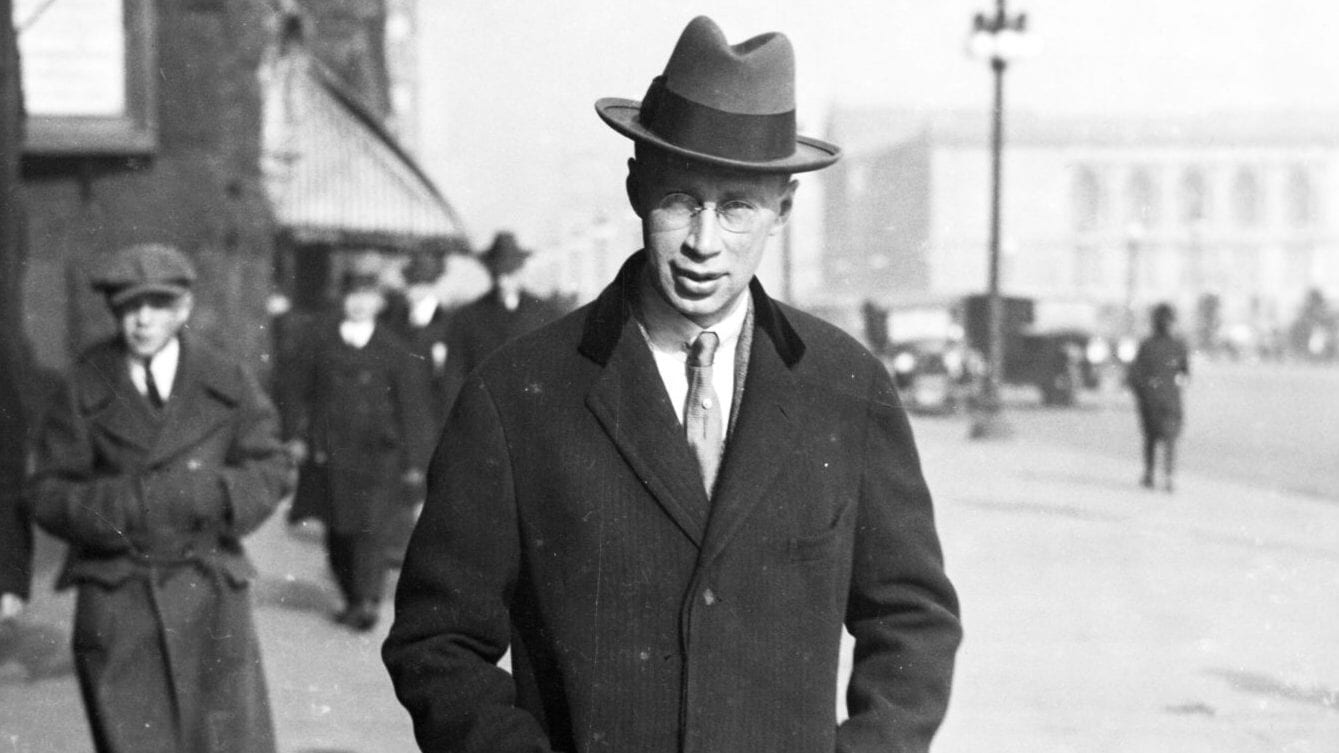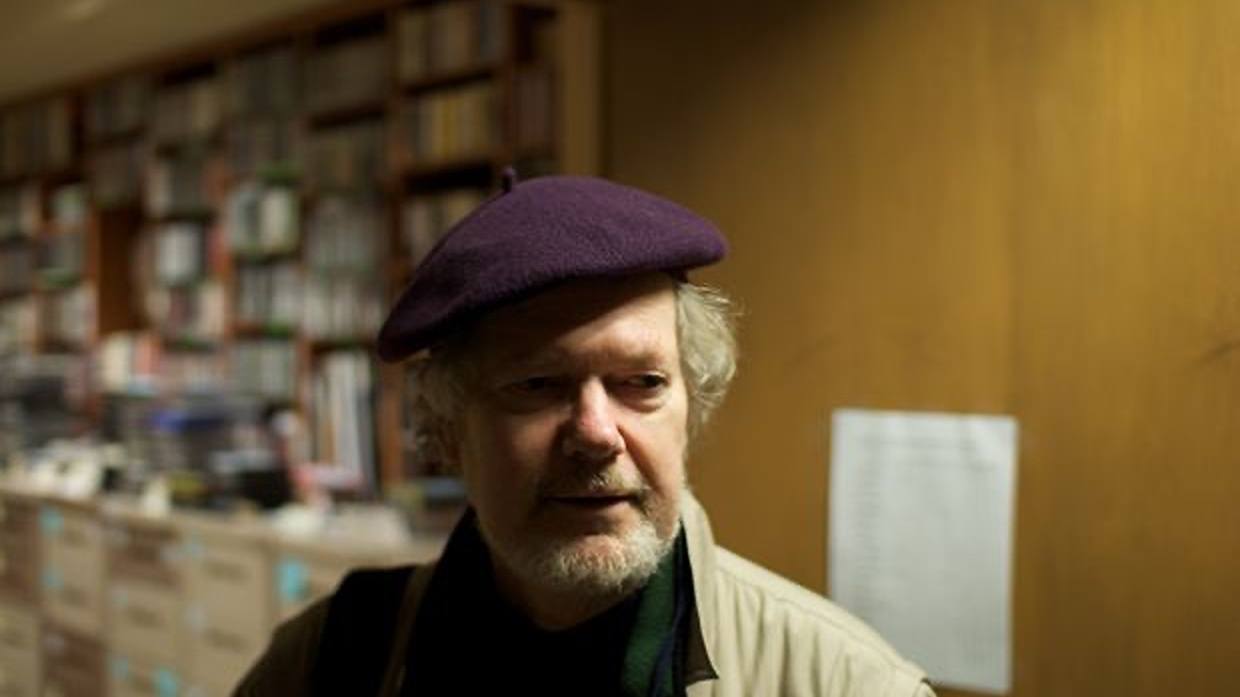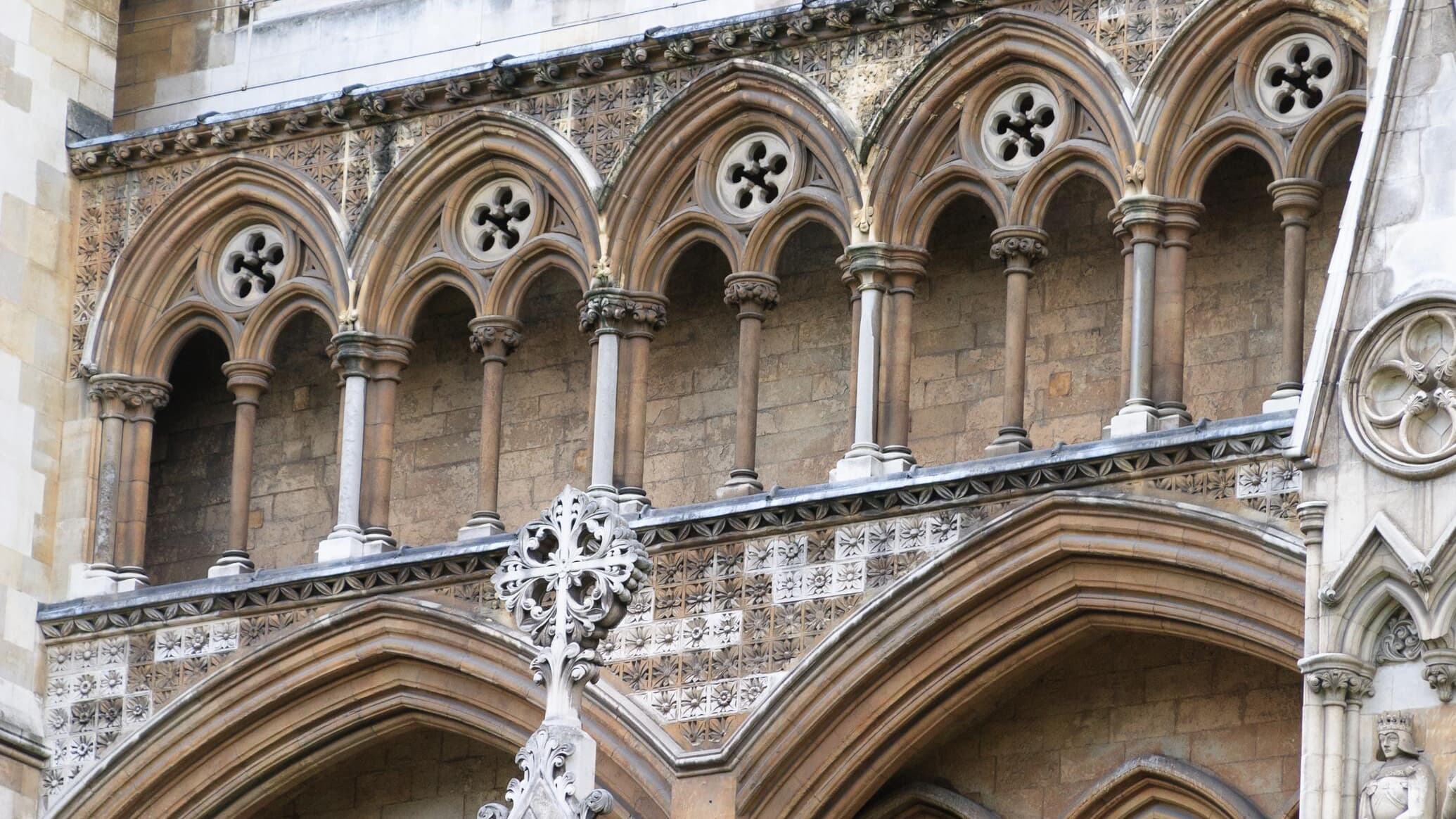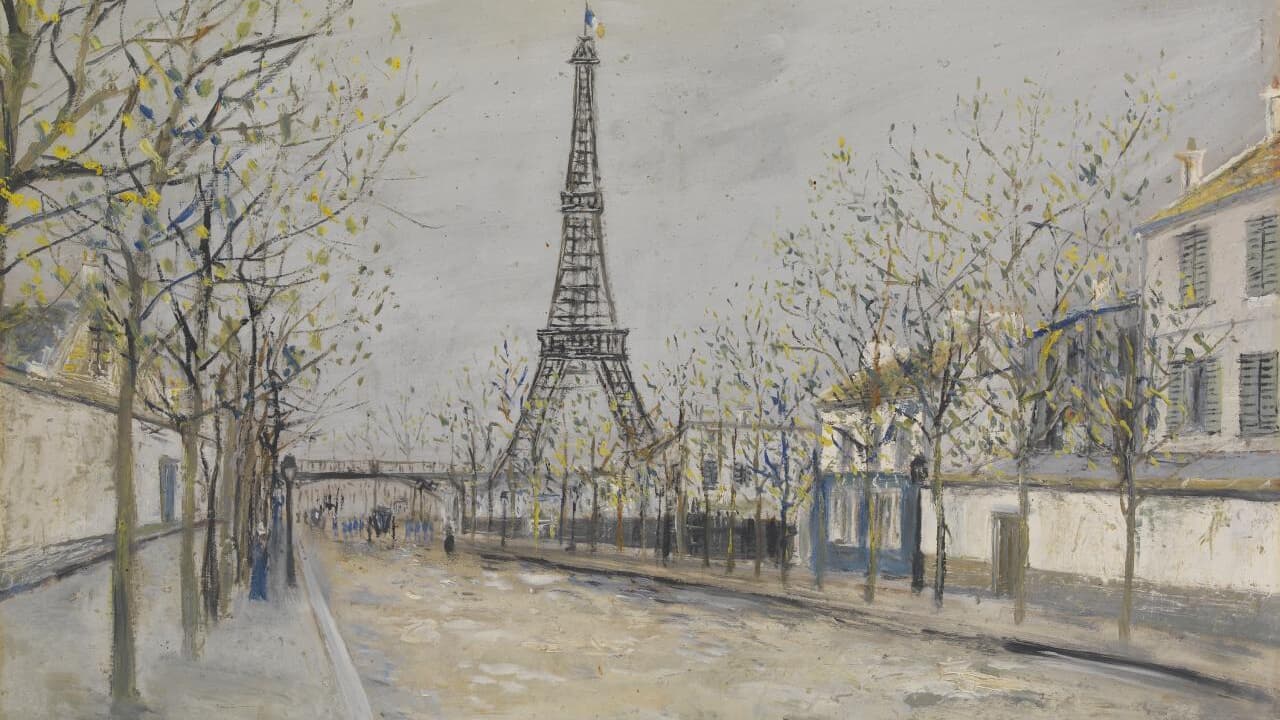Prokofiev’s String Quartet No. 1 in B Minor: Classical Foundations
The impetus for Sergei Prokofiev’s First String Quartet came from America. In 1930, Prokofiev received the commission from the Elizabeth Sprague Coolidge Foundation of the Library of Congress. The Brosa Quartet premiered the work in Washington, D.C. on April 25, 1931. At the time, Prokofiev lived in exile in Paris, having fled his native land shortly after the 1917 Russian Revolution. In 1936, he would return home, telling friends, “I must see …

